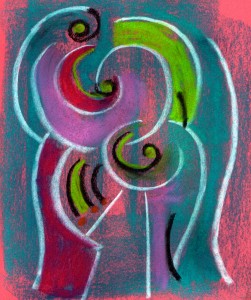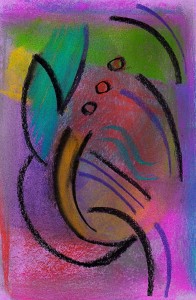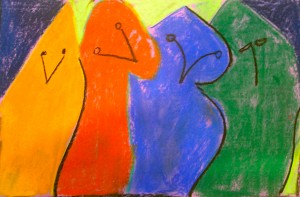Listed below are all the projects that are currently being developed on this website. These projects can all be found by clicking on the projects button and then selecting a given project in the window as it appear below the projects button.
Project Flehingen: (Post Holocaust descendants of this SW German village)
Synopsis: This project is designed to compliment the efforts of those individuals who are attempting to build a ‘living museum’ to document the presence of a small Jewish community that lived in the village of Flehingen prior to WWII. This website posting provides a log of the activities and findings of those working on the Der Museumsverein Flehingen-Sickingen [(MVF). In addition the project on this website explores some of what is known from mind/brain science and applies that knowledge to further understand the impact of the Holocaust-related experience of those Jews who lived in Flehingen, those who escaped and those who did not survive, and the legacy left to their descendants.
Project: Eating with a small spoon: A cognitive neuroscience perspective on weight control
Synopsis
It is easy to become overweight and difficult to diet and lose weight. For most of us, maintaining weight loss is even harder than dieting. In this talk we review the characteristics of the chronic overeater, the neuropsychological foundations of unhealthy eating and why it is hard for us to ‘walk away’ from our favorite treats. Knowing how food addictions ‘work’ provides the bases for developing and using the cognitive skills necessary to develop a healthy eating life style, one that allows us to unshackle our eating addiction.
Project: Aging: a cognitive neuroscience perspective
Synopsis (and issues to be considered)
- Issues that are relevant to aging but have broader implications (How do we make decisions based on knowledge, beliefs, valuations?)
- Science evidenced based knowledge about aging (from mice to men)
- Normal vs. pathological aging (how do we tell the difference); mechanism of mental functions and how they can break down
- Life conditions (and life style) that interact with the aging process
- What are some things we can do that will blunt the impact of aging?
Project: Designing an effective learning environment:
Synopsis
By applying what we know from cognitive neuroscience research it is possible to build effective leaning environments. This project outlines features of learning environments that work. In addition findings from ongoing projects that test the efficacy of cognitive interventions for enhancing learning.
Project: Lives: a mind/brain perspective
Synopsis
The aim of this project is to produce an iPad compatible book that covers a variety of cognitive themes and conditions of living. This is a book that is about how we live our lives, the skills, habits, knowledge, emotions, that are the basis of who we are and what we do. It is about the mental functions that we all share and use in ways that makes us unique. The book provides both a general picture of our mental life but also a more detailed account of the components and foundations of mental functions.




